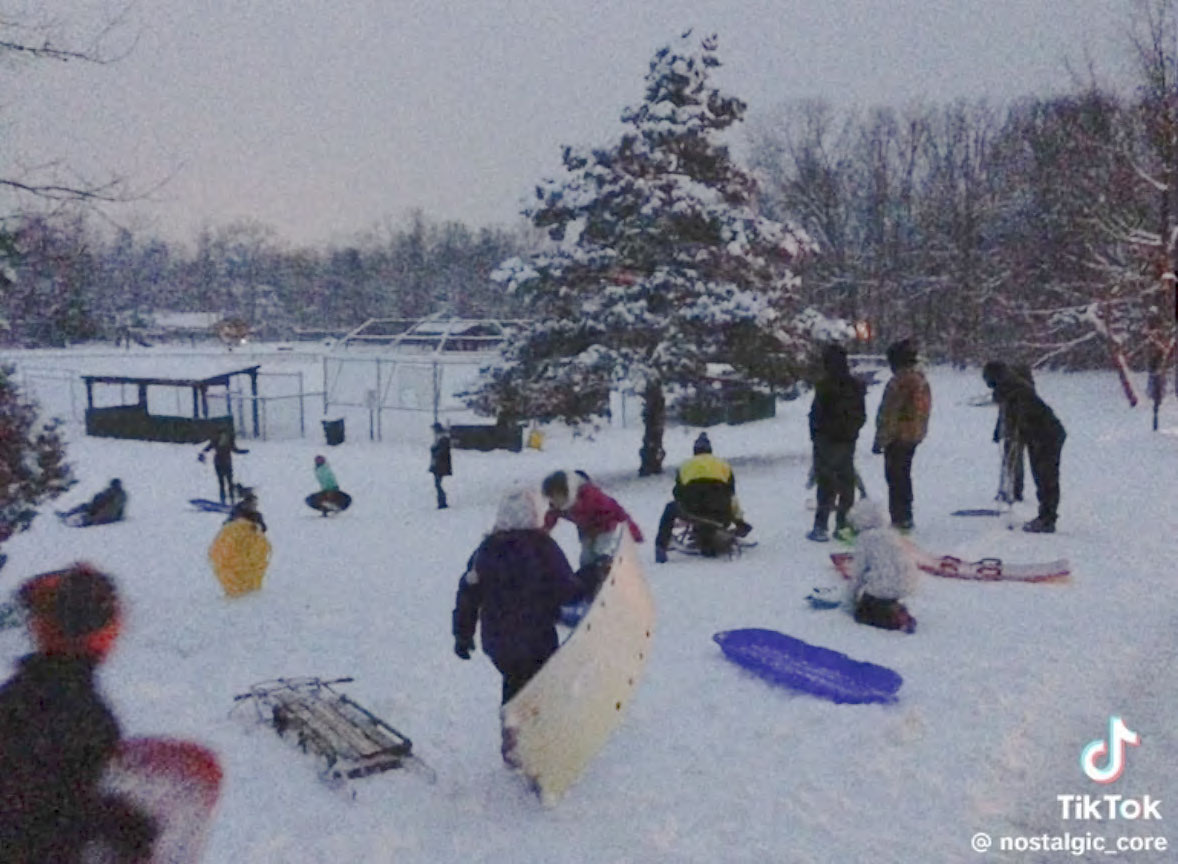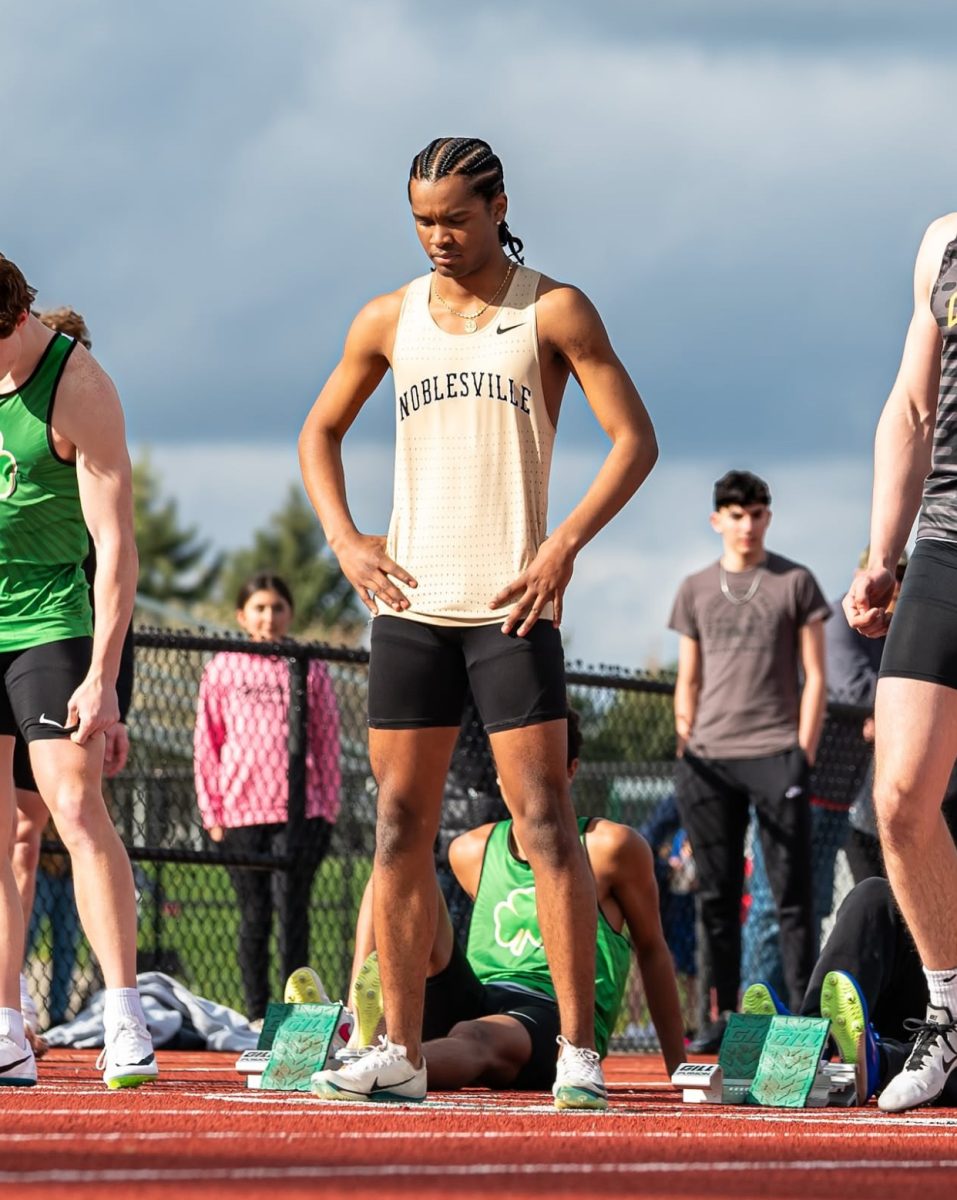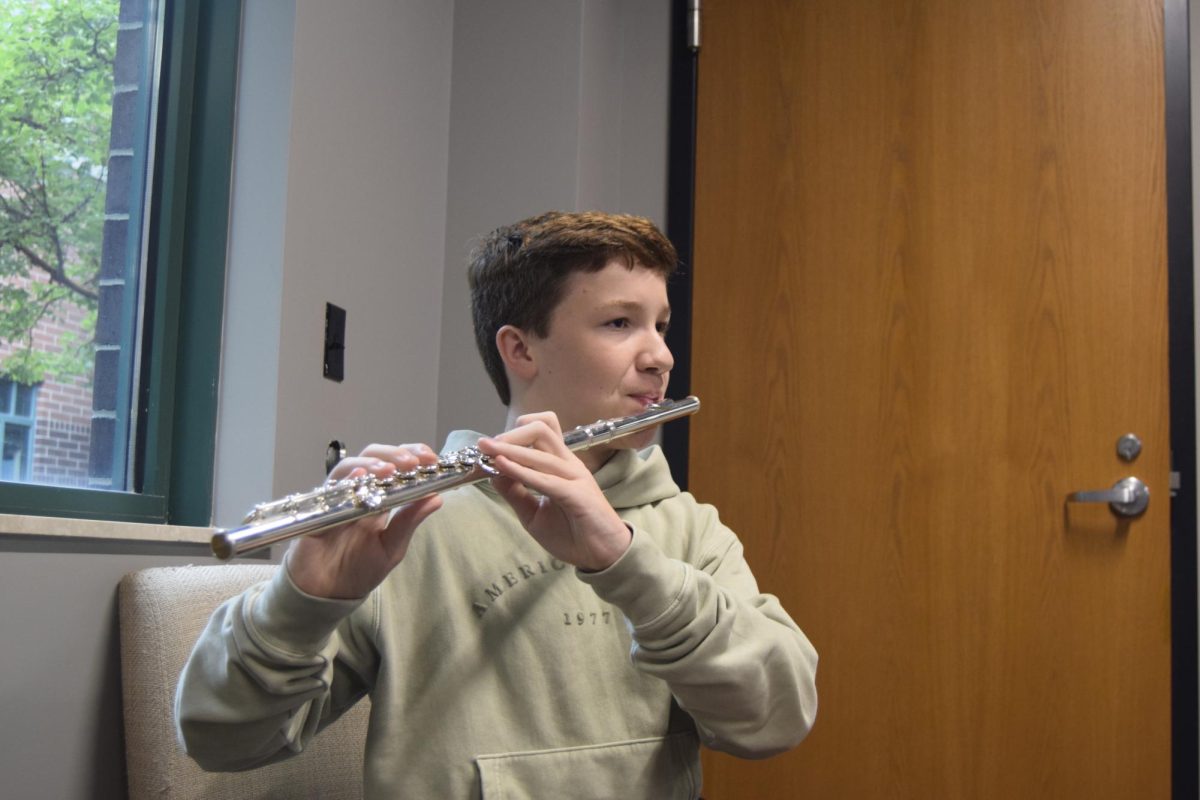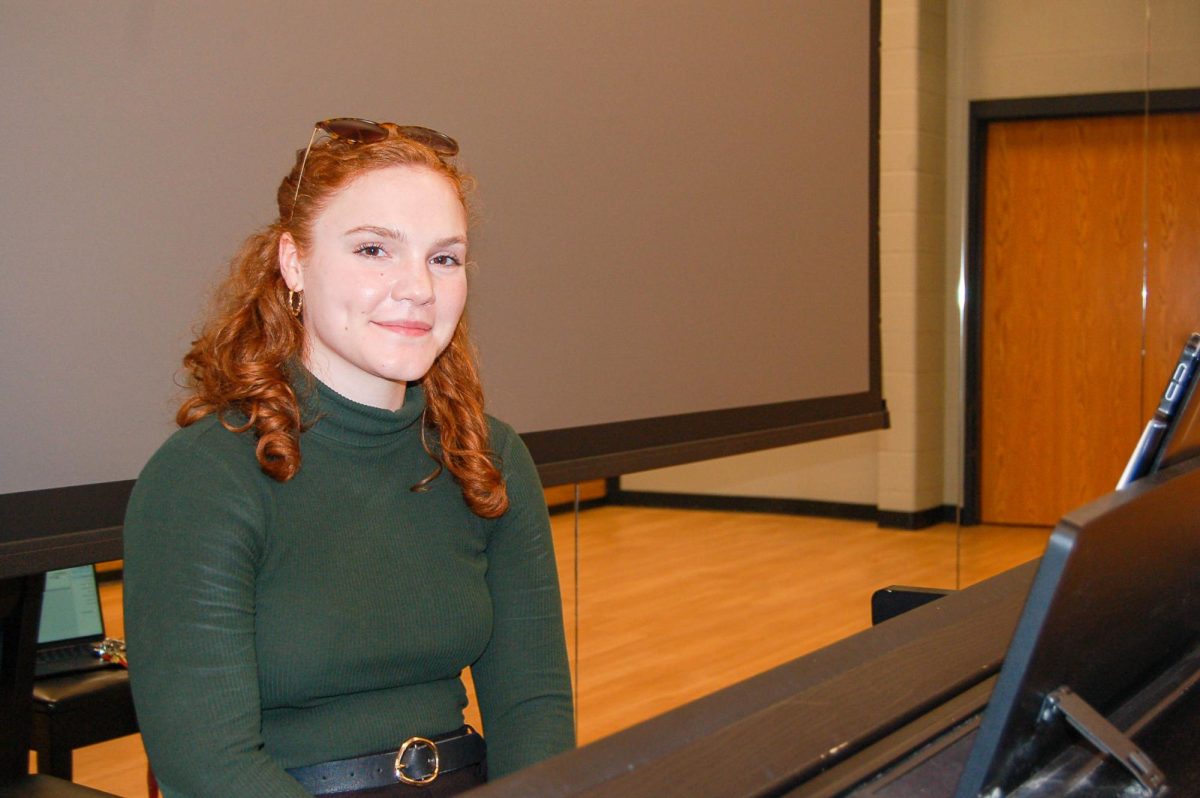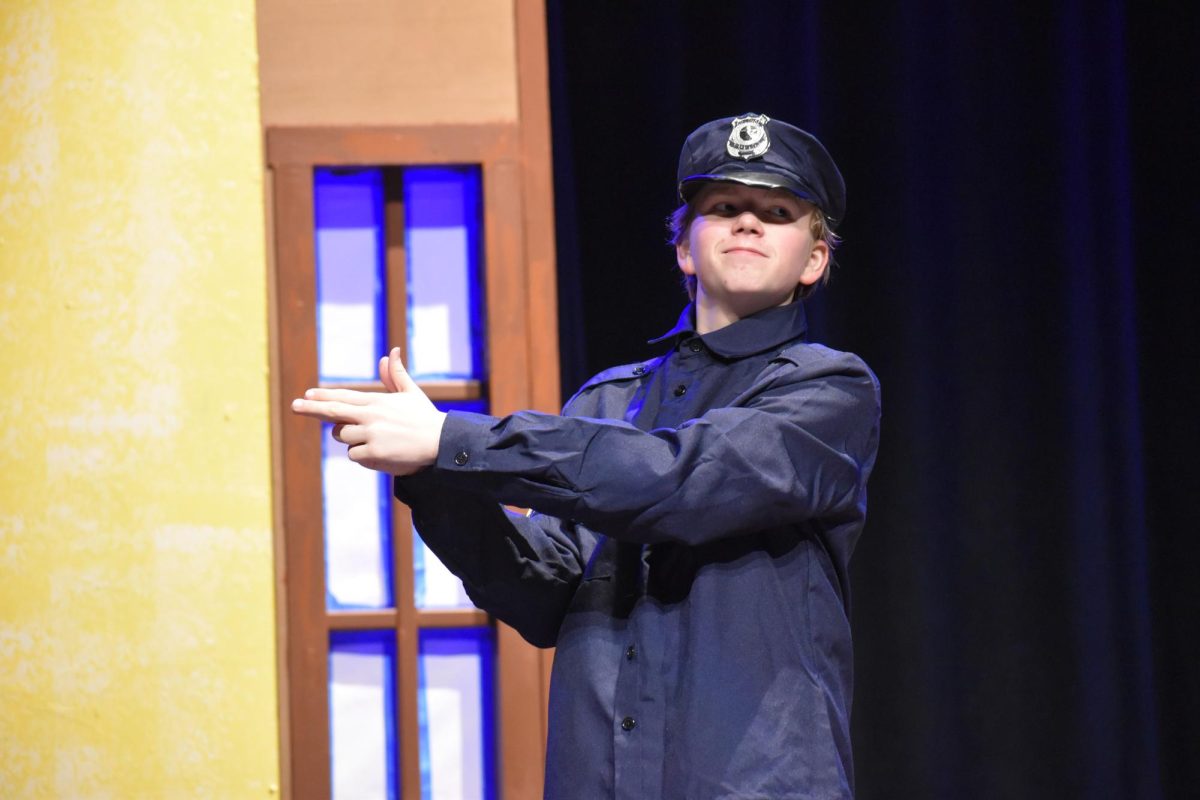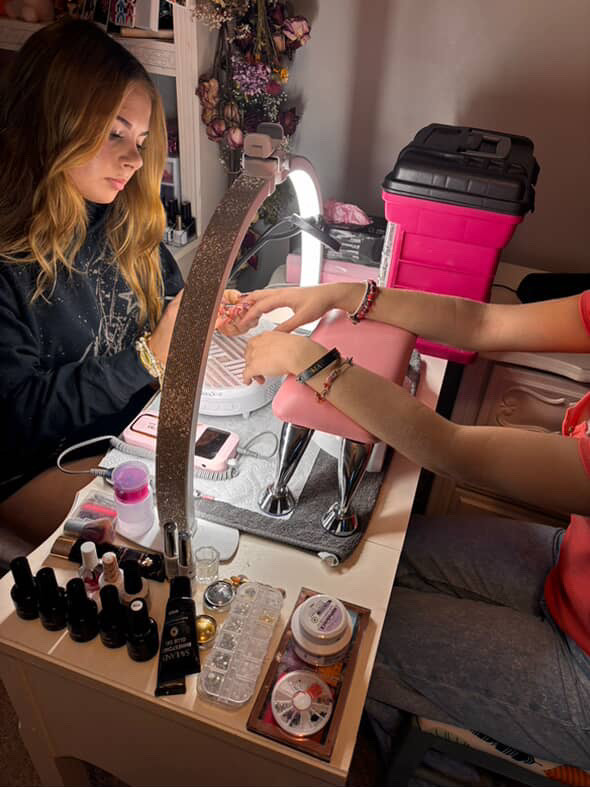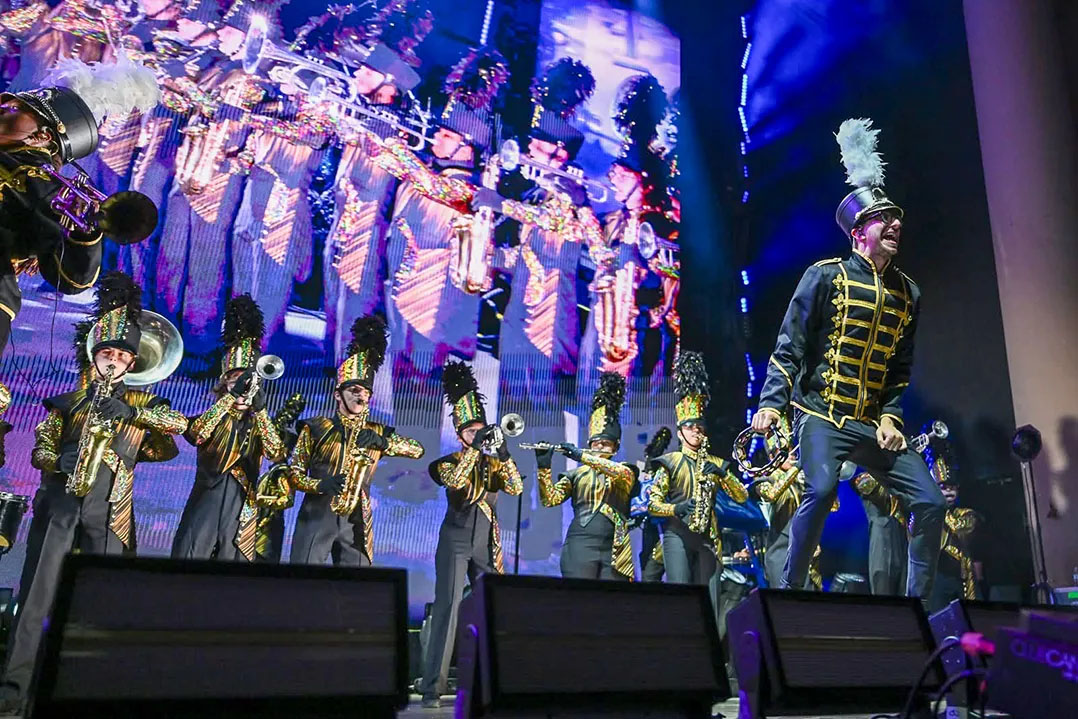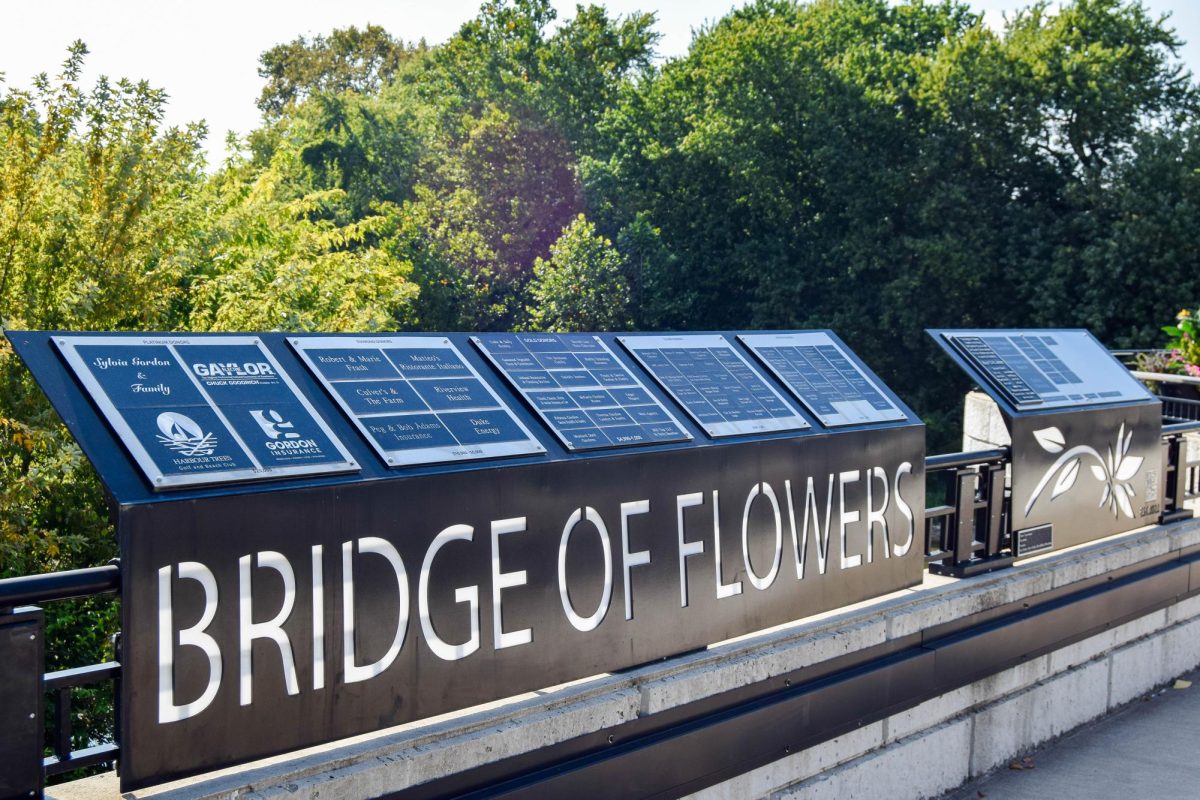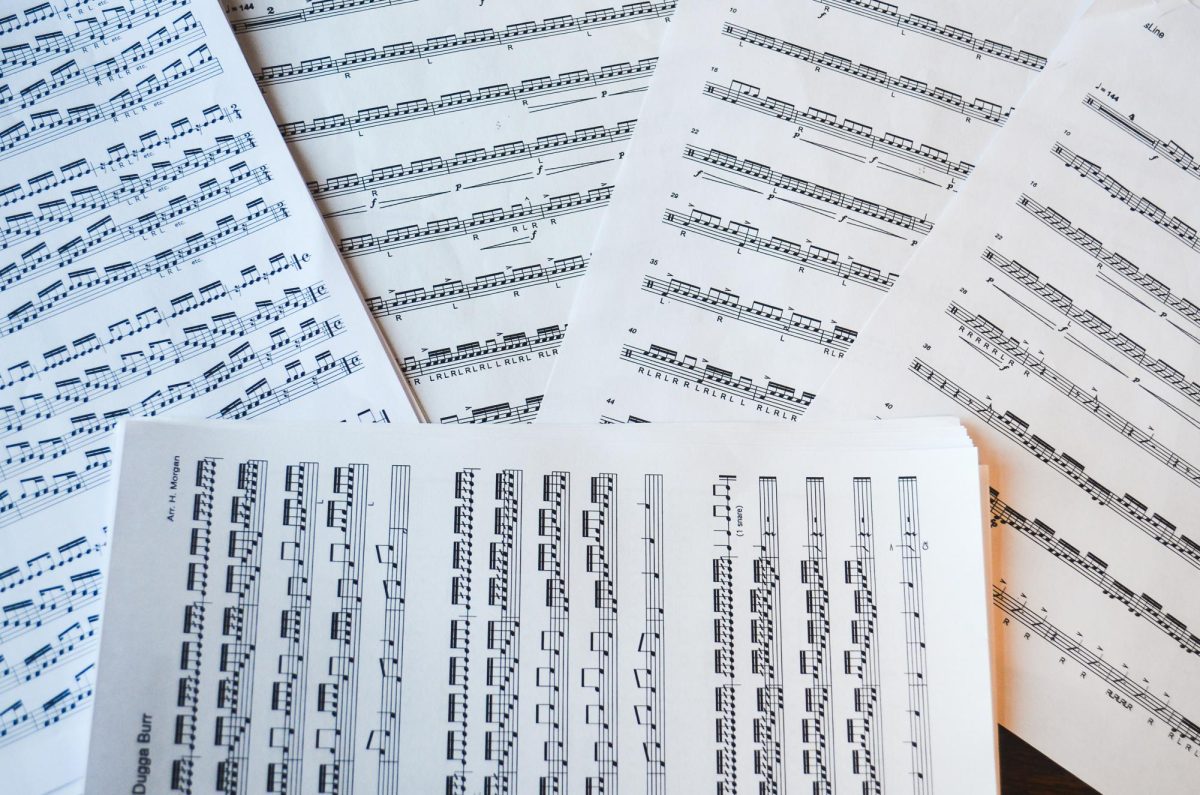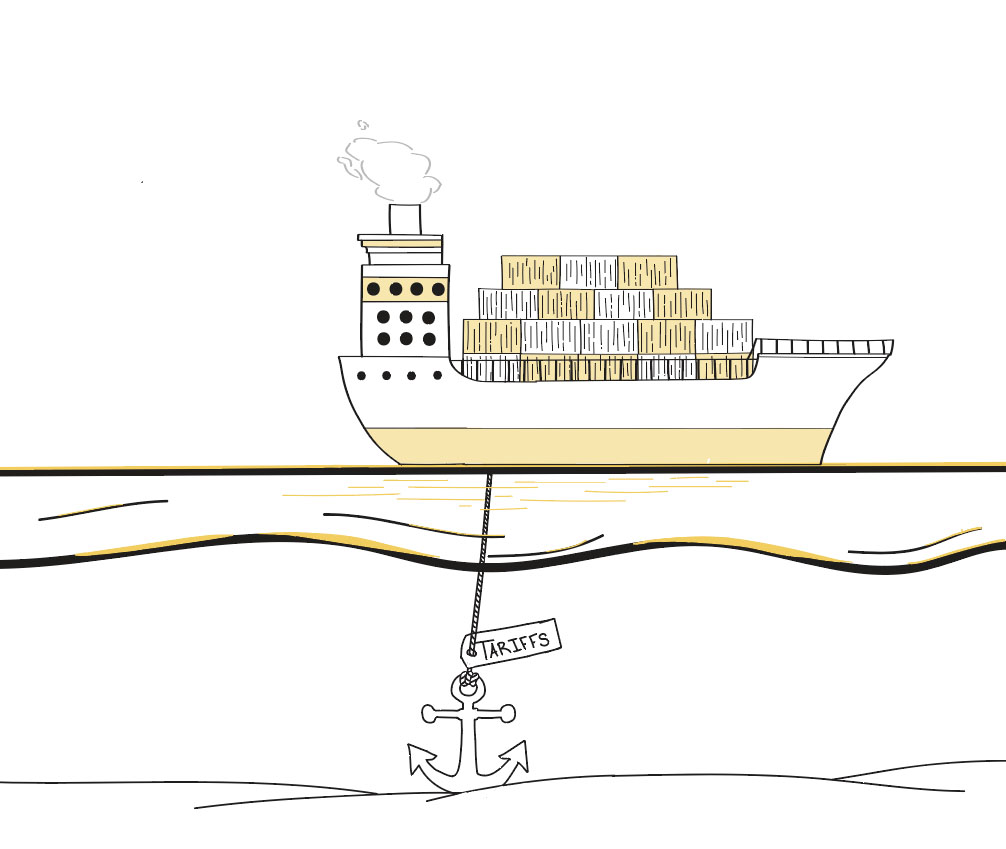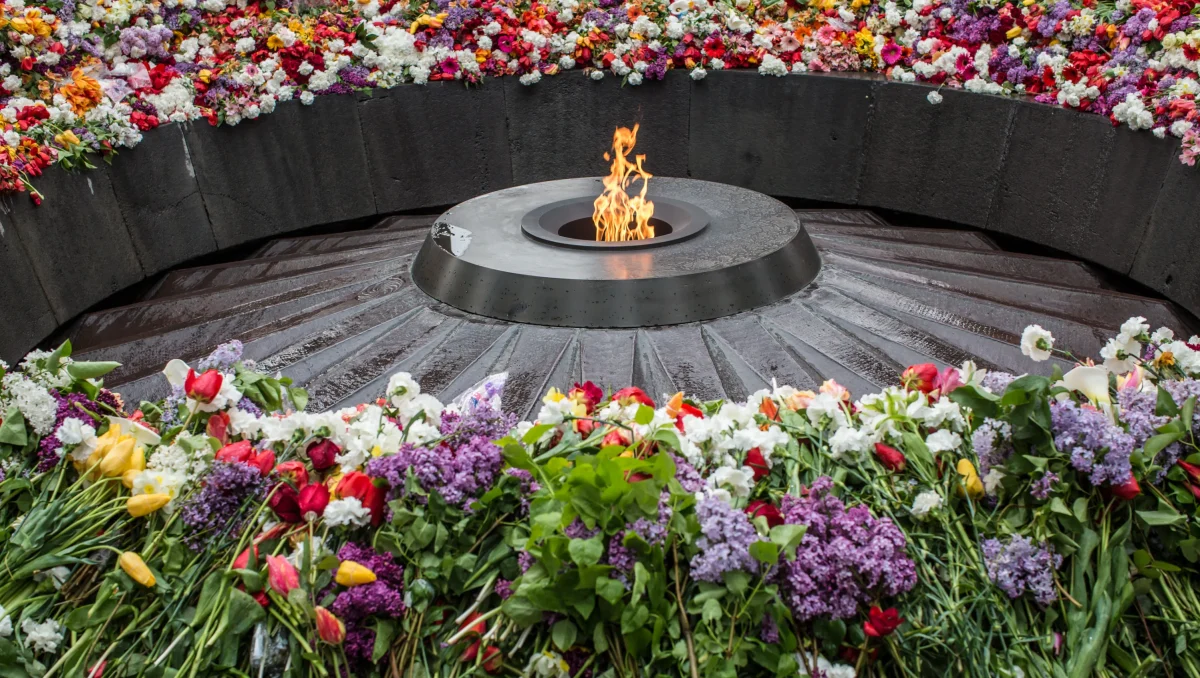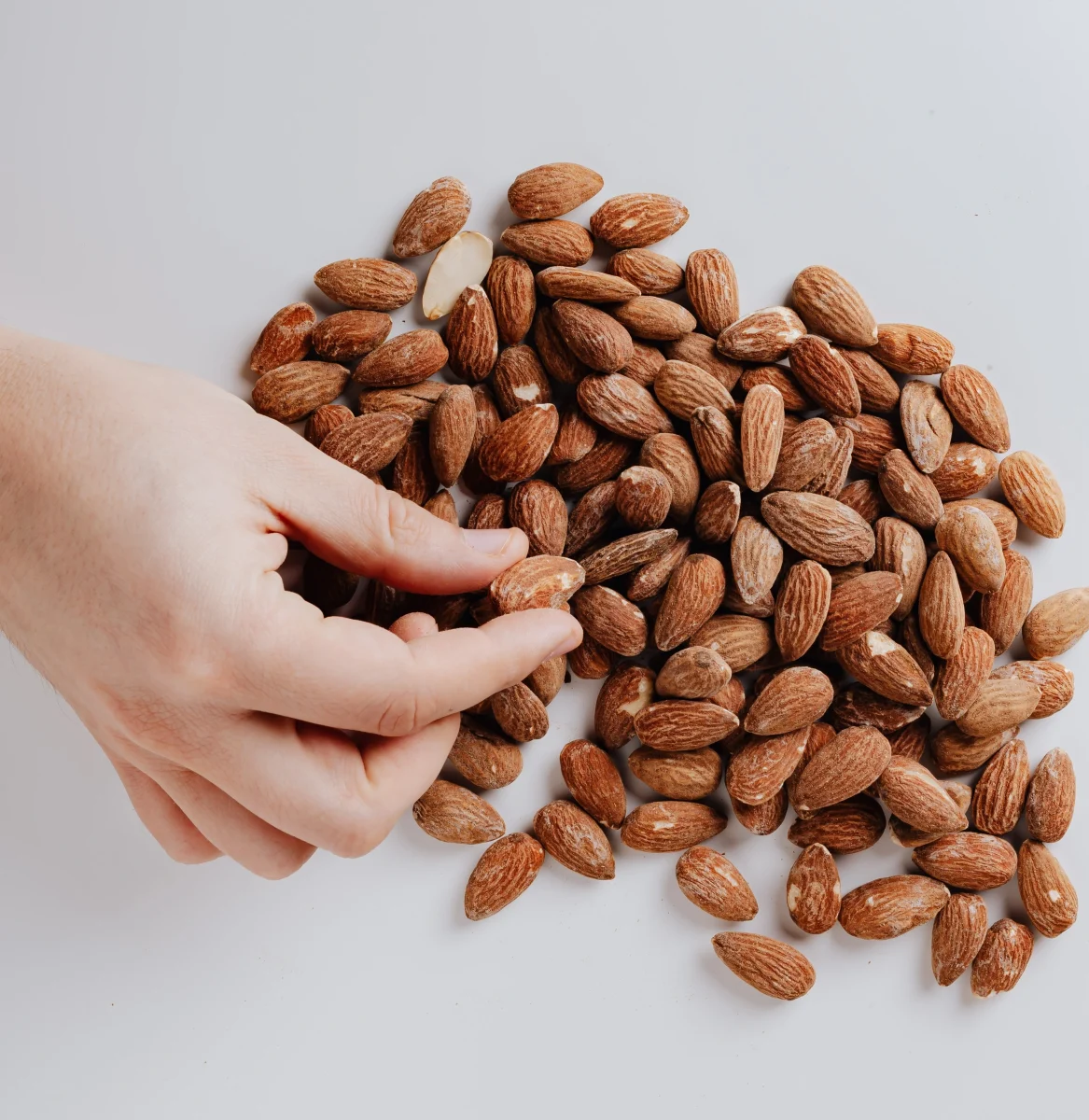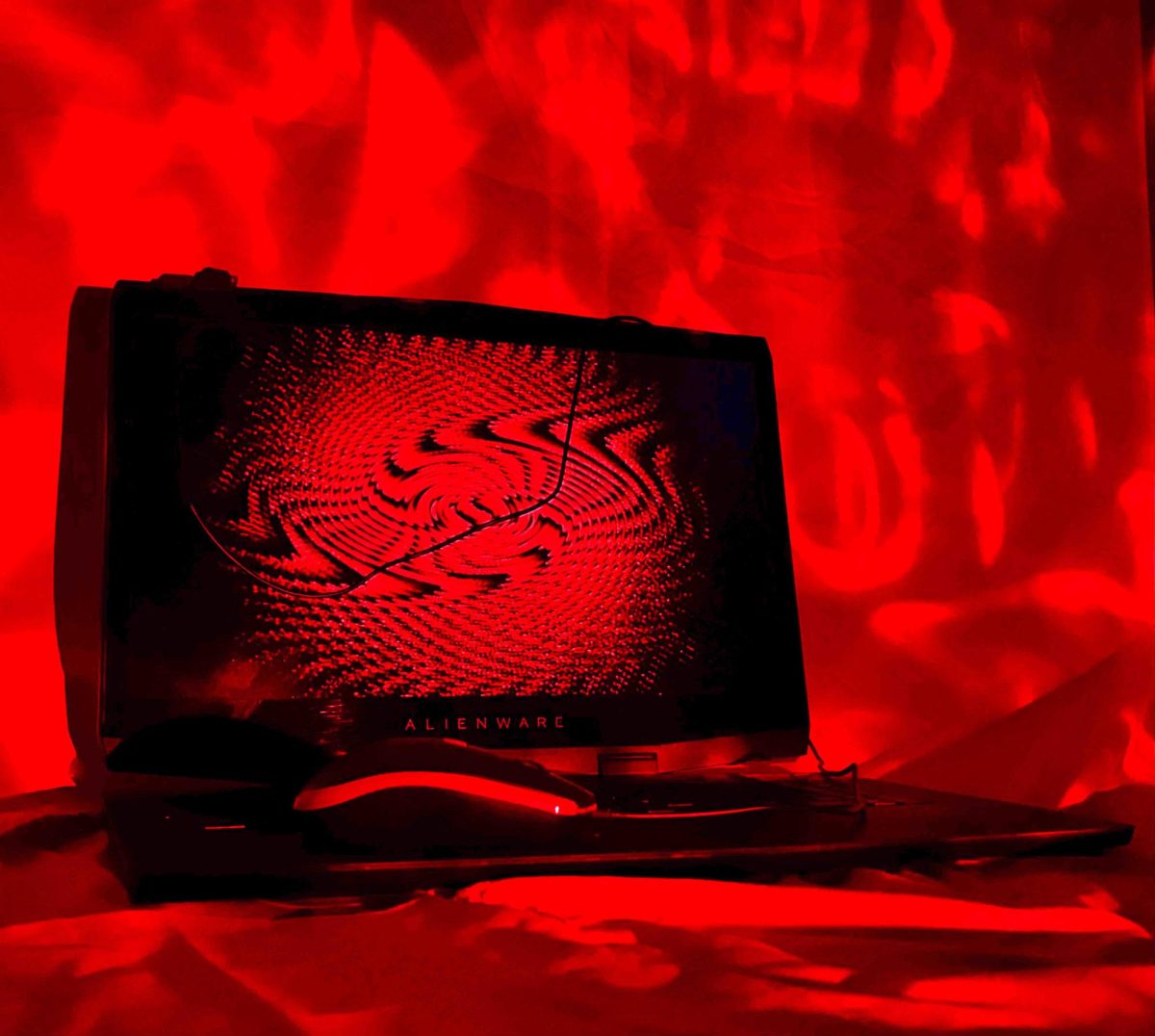It’s Christmas Eve. For many, this night is one of the most exciting each year. For weeks, people anticipate the rush of opening presents, seeing family, and drinking hot cocoa as the snow falls outside. But this year is different. You try to shake off the feeling—maybe you’ll feel normal in the morning.
The day you’ve been waiting for is finally here. It’s Christmas, but somehow, it’s just not. Where’s the special feeling? What happened to being greeted by freshly fallen snow outside your window, a lit-up tree in the living room decorated with shining ornaments, the reindeer shaped pancakes crafted carefully by your mother, and gifts placed intricately under the tree? None of this has gone away; it has simply lost its magic.
The holiday season just doesn’t feel the same as it used to. There is no single link to why this is, but for us teenagers, a large part could be attributed to the reality of adulthood looming closer and closer as the years go by. This isn’t something we’re used to; for many, it can feel like we’re being forced to go through our childhood years at a much faster pace than we should.
Noticeably in recent years, seen most commonly through social media, children and teenagers have been maturing more rapidly than usual. In our ever-changing society, the idea of what is considered “cool” is getting more difficult to identify. This contributes to the decreasing involvement of kids and teens in traditions that used to be a standard part of growing up.
For a large portion of children around the world, childhood is a carefree time spent enjoying the lighthearted aspects of life. As we grow older, these innocent moments start to become more and more scarce, until eventually they’re entirely depleted as the overwhelming anxieties of adulthood grow.
However, we cannot blame this phenomenon entirely on getting older. Because of evolving societal and religious beliefs, there are less people celebrating holidays that are of religious significance. While this is becoming increasingly normalized, people are concerned about the loss of innocence and tradition of their childhoods. Although, Christmas is not the only holiday experiencing a loss in spirit.
Neighborhood streets seemed a little empty this October 31st. What used to be a fun-filled tradition with kids dressing up to go door to door, smiling as they ask “Trick or treat?” has dwindled into neighborhood ghost towns. More and more children have begun to lose interest in traditions like the ones typically recognized on Halloween, and while many blame the cold weather, that’s not the root of the problem.
The newer generations’ “norms” that are causing the controversial stigmas around holidays are present most notably around this time of year, as we’ve seen massive differences in the amount of genuine interest shown from the younger age groups. As we grow up, we begin to notice our surroundings, including the people who are always around us. We allow outside influence to collectively mold us as a society, and force us to grow up. This leads to children and teens becoming more “mature” and as they try to construct themselves to be more like the older role models in their lives, they experience the diminishing of holiday magic they’ve grown up with.
It is important to recognize that, especially during the holiday season, the true focus should be on personal traditions and beliefs that celebrate familial heritage. We, as a society, need to stop giving the false impression that the holidays can’t be fun when you grow up. Then maybe, just maybe, the magic won’t be completely lost.



